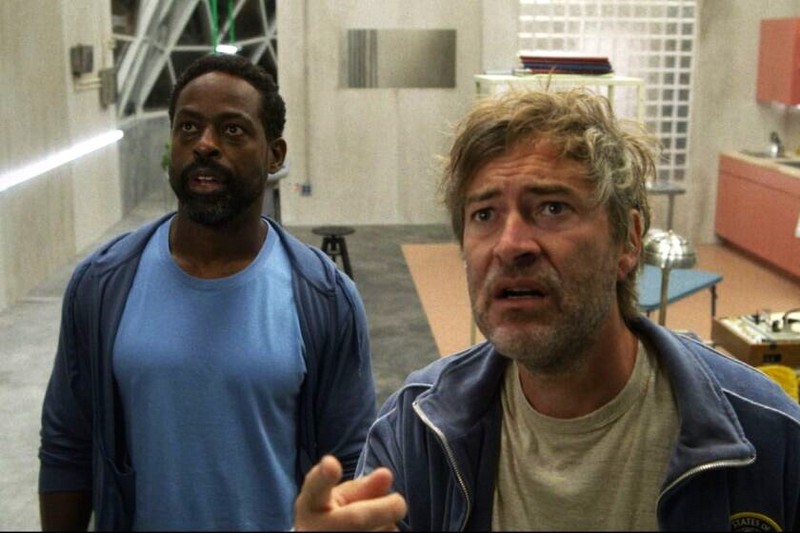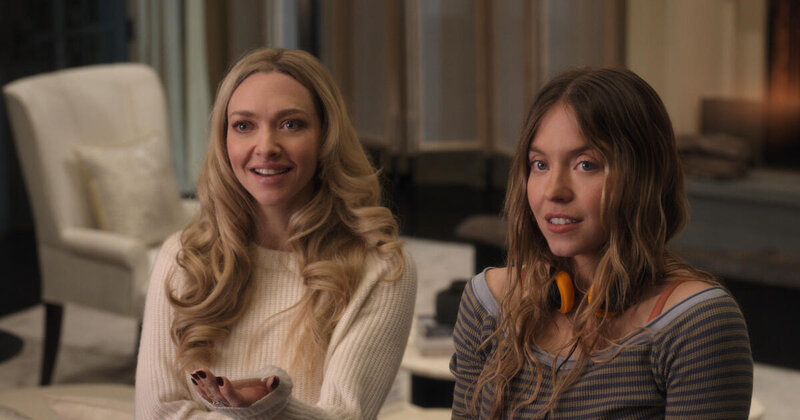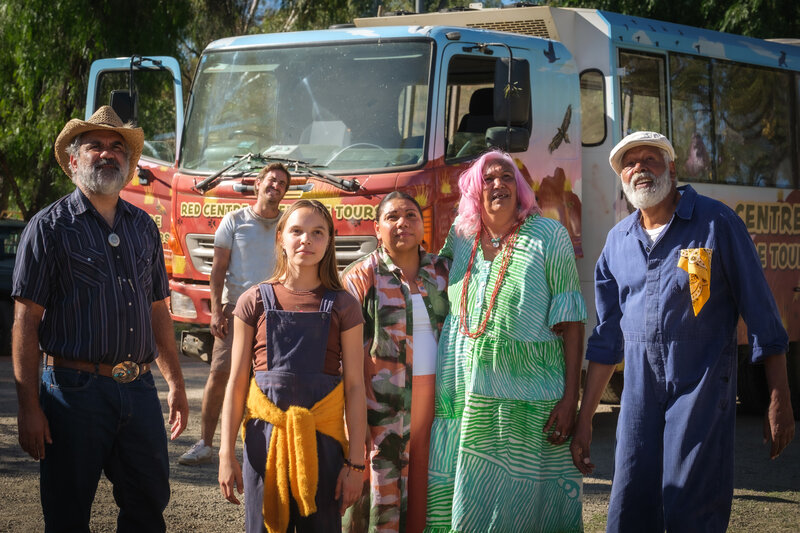Are you an adventurous moviegoer? Did you go to Everything, Everywhere, All at Once and think, “yeah, but it could be a bit weirder”? If so, my friend, then you need to seek out Biosphere; Mel Eslyn’s quirky but provocative film about the end of the world (or is it?).

As the title suggests, Biosphere takes place in, well, a biosphere. The self-sufficient and self-sustaining bubble has only two occupants – Ray (Sterling K. Brown) and Billy (Mark Duplass). They’re sealed in from the outside world, which has suffered some unspecified catastrophe. Everything outside is dark. But largely thanks to Ray – who seems to be the brains of the operation – they’ve worked out a comfortable routine. Each day is spent on assigned tasks, which include exercise, meals and most importantly, tending to the ecosystem that’s critical to their survival. The ecosystem sustains plants and fish. But now there are only three fish left. One has died, and it turns out to be the only female. Since the fish are vital to the ecosystem, things look grim. But then something entirely unexpected happens – one of the male fish starts developing female traits. Now Ray and Billy have a glimmer of hope. But when a similar evolution crosses into the human dimension of the biosphere, everything gets turned upside-down.
Biosphere is the new film from the Duplass brothers. As a quick refresher, Mark and Jay Duplass have been big names in indie cinema for more than a decade, and were key drivers (with director Lynne Shelton) in the “mumblecore” movement of the 2010s. They produced several films exemplifying the style, including Safety Not Guaranteed and The Skeleton Twins. In 2017, Eslyn became director of the production company. And while the style has developed over time, you can be pretty sure any Duplass Brothers production is going to push the envelope.
That’s very much the case here, as Biosphere is by turns bewildering and insightful. Eslyn and star Mark Duplass have produced an intriguing screenplay that asks some really big questions. They incorporate a political dimension into the story as well (the maroon sweater Billy wears is a clue), though it’s secondary to the film’s main themes. The plot isn’t entirely watertight. I had some nagging questions that weren’t answered. And the ending is so oblique, I suspect some will leave the movie scratching their heads. But in the grand scheme of things, these were minor quibbles.
Given the movie’s hermetically sealed environment, the production design is critical. And PD Megan Fenton does a brilliant job in creating the “world” of the film. That brilliance is reflected in the fact the film has a “Tardis” life effect, where the interior of the biosphere seems larger than the outside. Nathan M. Miller’s cinematography is solid without being flashy. And the highly unusual a capella score from Saunder Jurriaans and Danny Bensi (who collaborated on the terrific Denis Villeneuve film Enemy, among many others) is both evocative and unsettling.
With only two actors in the whole film, the chemistry between them is obviously critical. Sterling K. Brown (This Is Us) and Mark Duplass (Bombshell) don’t disappoint. Not only do they individually give excellent performances, their rapport is brilliant. The backstory of their relationship and how they came to be in the biosphere is maybe a little contrived, but the actors really sell it.
Biosphere is not a mainstream film by any means. It’s cerebral and challenging and wonderfully weird. So not an easy Sunday afternoon movie, but one worth taking a risk on.
David Edwards
Other reviews you might enjoy:

David Edwards is the former editor of The Blurb and a contributor on film and television





